At the Science and Technology Admissions Fair organized by Tien Phong newspaper on the morning of May 18, a student asked about the standards for the training program on semiconductor microchips at the university and master's levels just announced by the Ministry of Education and Training. Accordingly, candidates who want to study for a bachelor's or engineer degree in semiconductor microchips, if admitted based on the results of the high school graduation exam, must have a total score of 24 points or higher in the 3 admission subjects and a score of at least 8 points in Mathematics.
Students participate in the Science and Technology Admissions Fair organized by Tien Phong newspaper on the morning of May 18.
Mr. Nguyen Anh Dung, Deputy Director of the Department of HigherEducation (Ministry of Education and Training), said that the Ministry has just issued training program standards on semiconductor microchips at undergraduate and master's levels.
In particular, the professional advisory board that built the program standards found that the basic, core knowledge that students need to have to study well in the semiconductor and STEM fields is especially related to Mathematics.
"Later, students will use a lot of Math knowledge in their studies and work related to the semiconductor microchip field," said Mr. Dung.
Mr. Dung added that the learning results of high school students, as well as students who have entered engineering and technology majors related to semiconductor microchips, show that they need a certain level of math foundation.
“Through the survey, students who achieve 8 points in Math can perform well in their studies. Therefore, the advisory board recommends an entrance standard of 8 points or higher in Math,” Mr. Dung explained.
However, according to Mr. Dung, candidates should note that this semiconductor training program standard only applies to universities participating in the Government 's program "Developing human resources for the semiconductor industry to 2030, with a vision to 2050". As for schools that do not participate and are not required to follow this standard, they can enroll students with other minimum input requirements.
Associate Professor, Dr. Tran Dinh Phong, Vice President of Hanoi University of Science and Technology shared at the festival.
Associate Professor Dr. Tran Dinh Phong, Vice Principal of Hanoi University of Science and Technology, said that Vietnamese youth are not inferior to those in other countries around the world, the important thing is whether they have determination or not.
Mr. Phong said that in recent years, the school has been very persistent in recruiting about 1,000 students each year to train in the field of science and technology. However, this field still lacks human resources, so young people should consider studying it.
“Currently, out of 1 million people, 757 Vietnamese people are working in the field of science and technology. Meanwhile, current 12th graders will graduate from university and enter the labor market in 2030. That is the time frame for Vietnam to become an upper middle-income country.
In the world, all upper middle-income countries have a ratio of 1,500 people working in science and technology per 1 million people. So from now until then, we need to double the number of people working in science and technology. That is your opportunity,” said Mr. Phong.
In addition, according to Mr. Phong, there is also a shortage of highly qualified science and technology human resources. “Many students in Vietnam go straight to work after graduating from university; very few people pursue master’s or doctoral degrees in science and technology (about 5%),” said Mr. Phong.
According to Mr. Phong, science and technology is a field without boundaries, so if we want to develop, we need to increase international integration and so young people must definitely have foreign languages.
Mr. Phong told a story about when he was in 12th grade, he had almost no English, and he couldn't even conjugate the verb "to be" well. "But when I went to university, a professor in charge of the training program for talented bachelors of science told us: 'No English - no science' and gave us the choice of either learning English to do science or giving up this path.
From then on, I was determined to learn English. Young people should not worry too much, because in the world there are only a few countries that speak English as their mother tongue, the rest basically understand each other. In the world of science and technology, when using English, it is only a specialized language, no one even notices if you conjugate verbs wrongly, but the idea behind it is what is important," Mr. Phong shared.
Source vietnamnet
Source: https://baotayninh.vn/bo-gd-dt-ly-giai-chuyen-hoc-sinh-dat-8-diem-toan-moi-duoc-hoc-vi-mach-ban-dan-a190242.html



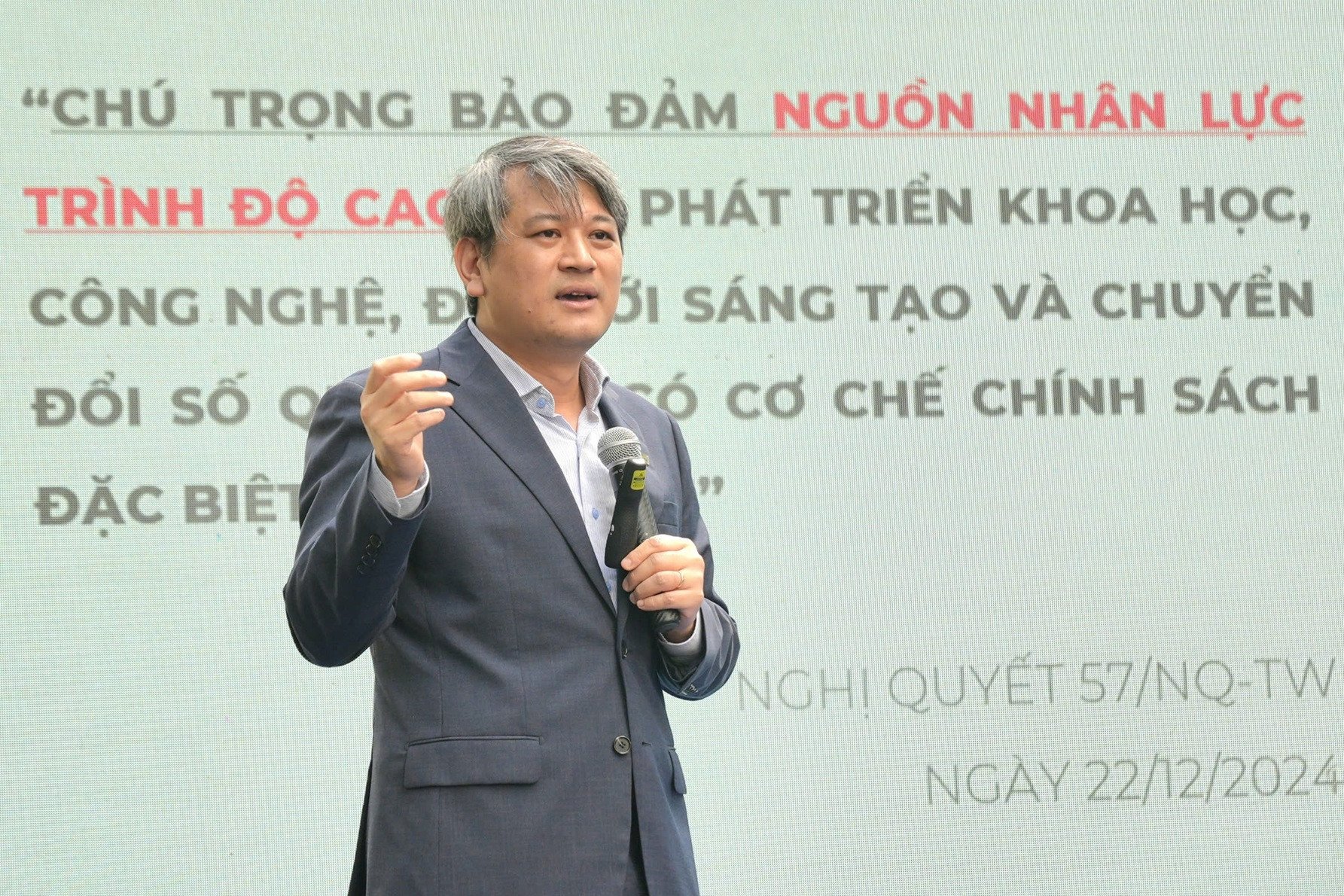
![[Photo] Ready for the top competitions of Vietnamese table tennis](https://vphoto.vietnam.vn/thumb/1200x675/vietnam/resource/IMAGE/2025/5/18/9c547c497c5a4ade8f98c8e7d44f5a41)
![[Photo] Party and State leaders attend the special art program "You are Ho Chi Minh"](https://vphoto.vietnam.vn/thumb/1200x675/vietnam/resource/IMAGE/2025/5/18/6895913f94fd4c51aa4564ab14c3f250)


![[Photo] Many young people patiently lined up under the hot sun to receive a special supplement from Nhan Dan Newspaper.](https://vphoto.vietnam.vn/thumb/1200x675/vietnam/resource/IMAGE/2025/5/18/6f19d322f9364f0ebb6fbfe9377842d3)

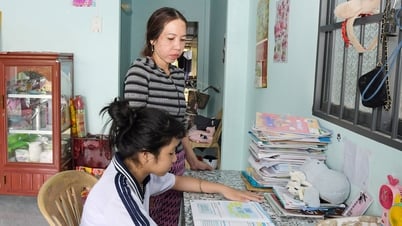

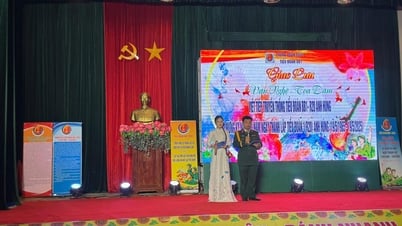

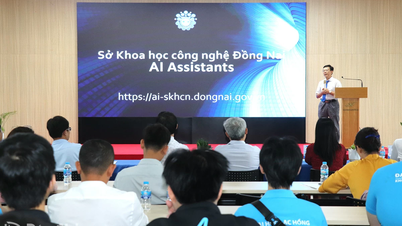












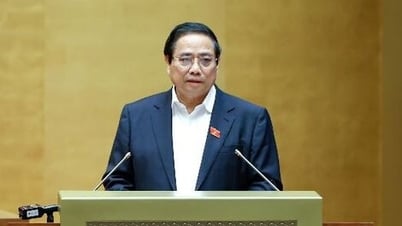

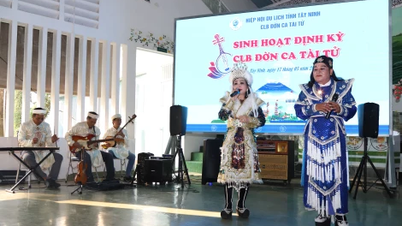
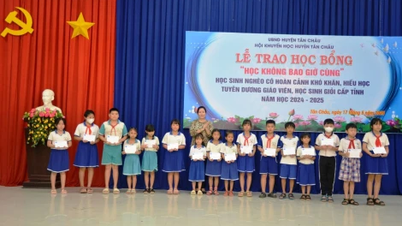
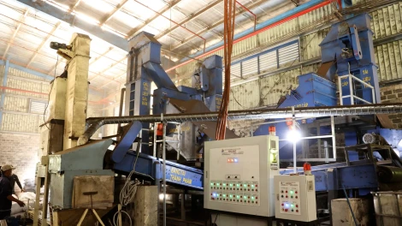

































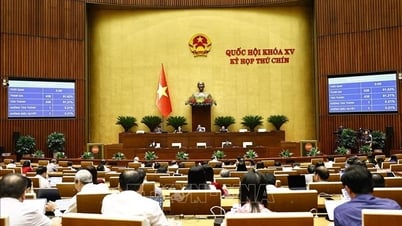
















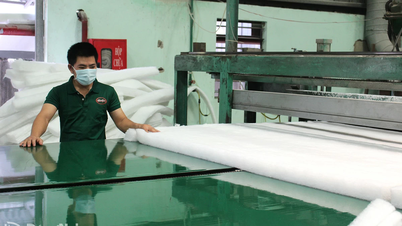
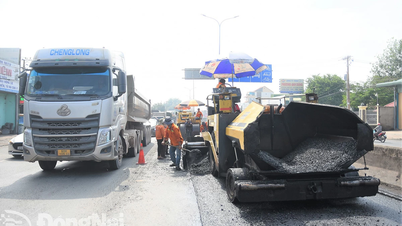

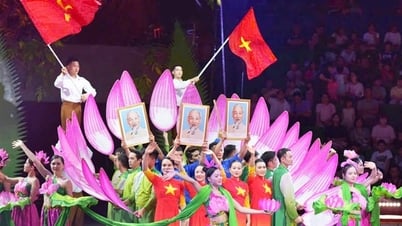










Comment (0)